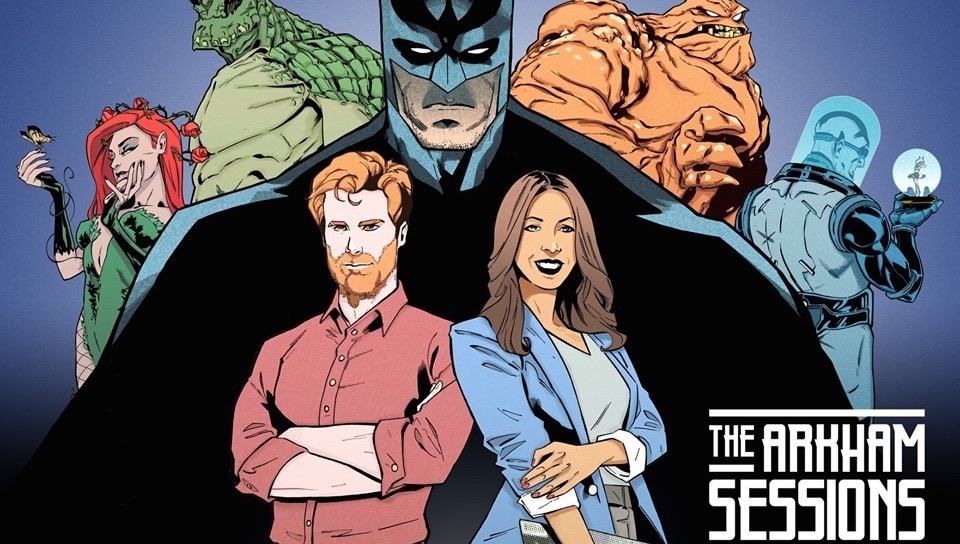The Arkham Sessions, hosted by Dr. Andrea Letamendi and Brian Ward, is a weekly podcast dedicated to the psychological analysis of pop culture, including Batman: The Animated Series, Steven Universe, the MCU, Star Wars, and Doom Patrol. Nostalgic, humorous, and even a little educational, each episode promises to lend some insight into the heroes, villains, and classic stories of the Dark Knight and more!
The Arkham Sessions, Ep. 188 – Star Wars: Episode 2 – Attack of the Clones
High Conflict People (HCPs) tend to have enduring, persistent traits of not getting along well with others. HCPs stand out due to their constant argumentative, tense, and destructive behaviors within personal relationships. Four features stand out for HCPs: They blame others intensely, they have all-or-nothing thinking, they can’t manage their emotions well, and they engage in extreme behaviors like manipulating, attacking, controlling, and dominating others. HCPs have interpersonal dysfunction, low insight into their impact on others, and a low likelihood of changing their behavior. About one to two people in 10 have high conflict personalities, so it is likely that you know someone in your family, work setting, friend circle, or other relationships that is an HCP.
Dr. Drea explains the complex factors that can lead to destructive behavior seen in Anakin — for him in particular, this includes a history of abandonment, isolation, trauma, and being controlled. As he grows older, and continues to feel excluded and invisible among the Jedi, Anakin grows resentful, bitter, and entitled. He craves attention and seeks a sense of importance. Wasn’t he the “chosen one?” As the story progresses and he feels he cannot have the one thing he wants (Padme), he takes out his frustrations through violence. Dr. Drea revisits the link (or lack of a causal connection) between mental health and harm. As we know from our universe, only 4% of community violence is attributable to mental illness, and the factors that lead to mass murder and terrorism relate to fixed, extremist belief systems, deeply-held supremacy or entitlement, and unmanaged feelings of rage. As we’ll soon see in the upcoming third film in the trilogy, Anakin crosses a line he can never come back from.
Have psychology-related questions about Batman? Write to us via Twitter, @ArkhamSessions, or on Facebook. Or visit our official website.
And, don’t forget to subscribe to The Arkham Sessions on Apple Podcasts to get all of the latest episodes! And, be sure to join us on Patreon.

